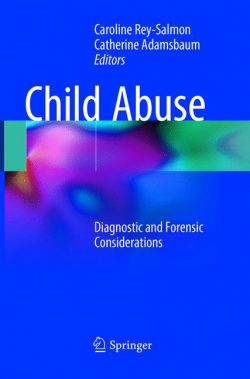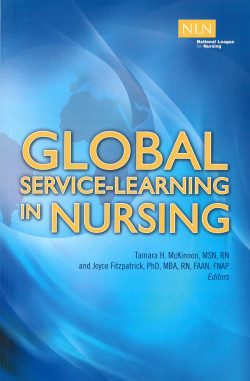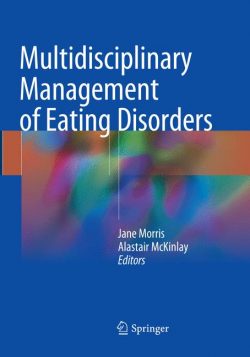This is the first book on the market or within academia dedicated solely to moral distress among health professionals. It aims to bring conceptual clarity about moral distress and distinguish it from related concepts. Explicit attention is given to the voices and experiences of health care professionals from multiple disciplines and many parts of the world. Contributors explain the evolution of the concept of moral distress, sources of moral distress including those that arise at the unit/team and organization/system level, and possible solutions to address moral distress at every level. A liberal use of case studies will make the phenomenon palpable to readers.
This volume provides information not only for academia and educational initiatives, but also for practitioners and the research community, and will serve as a professional resource for courses in health professional schools, bioethics, and business, as well as in the hospital wards, intensive care units, long-term care facilities, hospice, and ambulatory practice sites in which moral distress originates.
Mary Walton
“This unique book discusses moral distress among nurses and other healthcare professionals. Case studies are used to describe situations in which healthcare providers experience moral distress. … This is a unique book on the concept of moral distress in nursing and other healthcare professions. It would be a good resource for the classroom setting or for healthcare professionals to add to their libraries.” (Michalene A. King, Doody’s Book Reviews, April, 2018)
Dr. Ulrich is a nurse-bioethicist and currently holds the Lillian S. Brunner Chair at the University of Pennsylvania School of Nursing with a secondary appointment in the School of Medicine, Department of Medical Ethics and Health Policy. Dr. Ulrich’s normative and empirical bioethics work focuses on ethical issues in clinical practice and research. These studies examine the everyday ethical issues that healthcare clinicians encounter in their clinical practice, including concerns ranging from informed consent to end-of-life in the care of patients and their families. Her studies also examine how patients consider the benefits and risks of research participation in cancer clinical trials and the factors that influence participation. She has received federal funding and foundational grants for her research and has authored publications in medical, nursing, and bioethical journals. She is an elected fellow in the American Academy of Nursing and a global Salzburg Fellow.
Christine Grady is a nurse-bioethicist who currently serves as the Chief of the Department of Bioethics at the National Institutes of Health Clinical Center, and formerly was a Commissioner on President Obama’s Commission for the Study of Bioethical Issues. Her research contributions are both conceptual and empirical and are primarily in the ethics of clinical research, including informed consent, vulnerability, study design, recruitment, and international research ethics, as well as ethical issues faced by nurses and other health care providers.
In addition to multiple publications in the biomedical literature, Dr. Grady has authored or edited several books. She is an elected fellow of the American Academy of Nursing and of the Hastings Center, and a senior research fellow at the Kennedy Institute of Ethics.
This is the first book on the market or within academia dedicated solely to moral distress among health professionals. It aims to bring conceptual clarity about moral distress and distinguish it from related concepts. Explicit attention is given to the voices and experiences of health care professionals from multiple disciplines and many parts of the world. Contributors explain the evolution of the concept of moral distress, sources of moral distress including those that arise at the unit/team and organization/system level, and possible solutions to address moral distress at every level. A liberal use of case studies will make the phenomenon palpable to readers.





